The SSCS Interview: Paragon Solutions Design’s Mike Lawshe (Part 1)
Readers of this blog probably know we’re fascinated with C-store design, so it should be no surprise that our interview subject this week, Mike Lawshe, is the CEO of Paragon Solutions, an award-winning retail petroleum design firm.

Based in Ft. Worth, Texas, Mike and his team provide not only retail design, but branding and consulting services to convenience stores, truck stops, travel plazas, quick serve restaurants, fast food/fast casual franchises, and other retail establishments. Their philosophy and approach are neatly summarized in this video.
<We contacted Mike and he agreed to the following conversation, so full of insights about the realities of petroleum-based retail design that we’re breaking this into a two-day, two-part feature. We've also included images of his firm’s impressive work throughout both the article's installments.
The SSCS Interview: President and CEO of Paragon Solutions Design, Mike Lawshe (Part 1)
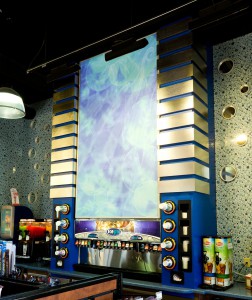
Express Lane
Dalhart, Texas
2011 Best Interior Design
Convenience Store News
SSCS: Can you talk in general about the design challenges unique to petroleum-based retail design?
Mike Lawshe: The effect of accumulated industry history creates some of the biggest challenges. By that I mean retailers come at design from the perspective of what they already know. Because the industry is so competitive they feel more secure with what is familiar and are reluctant to stray from it.
As a result, they have a tendency to imitate what they see around them, even if it not particularly well-suited to their retail interests, maybe copying the form of an oil company that isn’t particularly adept at marketing or implementing a retail concept. At the opposite end, there are those that desire to imitate the best without understanding what makes those stores effective or possessing the core competencies to adapt the concept effectively.
This means our job is not only to match a design to the needs of the customer, but to execute the design effectively. Sometimes a proprietor doesn’t want to hear that they are incapable of effective execution, which is at the heart of the challenge we face.
SSCS: What are some mistaken assumptions your customers and prospects make about design?
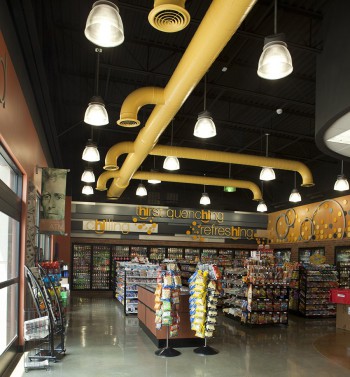
hi road
Clarksville, Tenessee
2012 Best Original Store Design
Convenience Store News
ML:Food Service programs immediately come to mind. Many proprietors—some of who fancy themselves to be chefs—think it’s an easier concept to pull off than it really is. To successfully install Food Service means successfully understanding the processes and flows related to it. Unfortunately, many don’t, and as a result we are asked to design these elaborate systems—something more suited to a short order restaurant—that the business will never be able to pull off. Maybe it’s because the business lacks the core competencies. Maybe it’s because the concept doesn’t fit into the store’s culture, customer demographics, or location layout. Often it comes back to what we were talking about earlier: they see something they like and want to force it into their operation even though it doesn’t fit.
There are also times when a proprietor may not realize the financial realities of a program. Let’s take the roller grill as an example. Some of the most successful stores and chains in the industry have magnificent roller grill programs, to the point where they’ve been expanded to maybe a half a dozen grills. An operator’s eyes light up when they see the program in action and they desperately want to install one, but they don’t understand that it may take six to 12 months to get volume to a point where a system of such scope is profitable. They fill the grills on the first day, and when they don’t sell out cut the volume in half, and when that doesn’t sell out they cut it in half again. They’re selling not to lose instead of initiating a slow build that ultimately will end in healthy revenues.
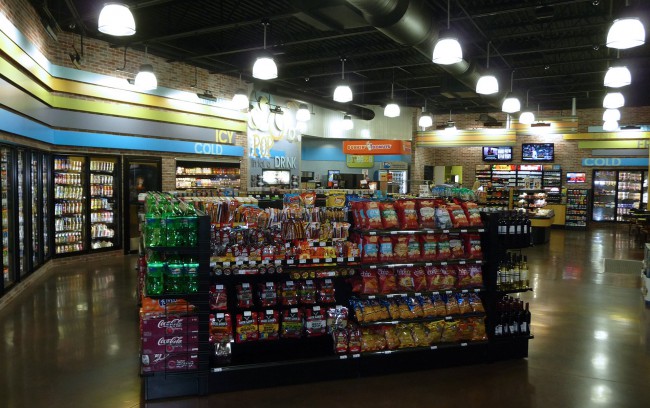
JAM Mart
Fort Smith, Arkansas

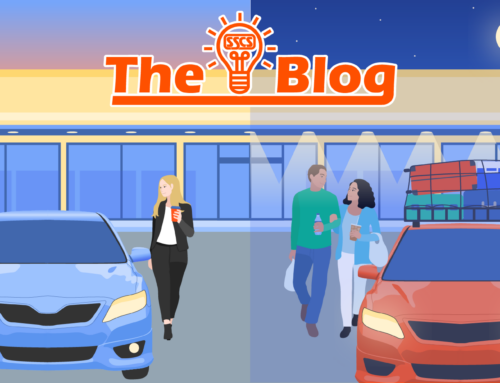


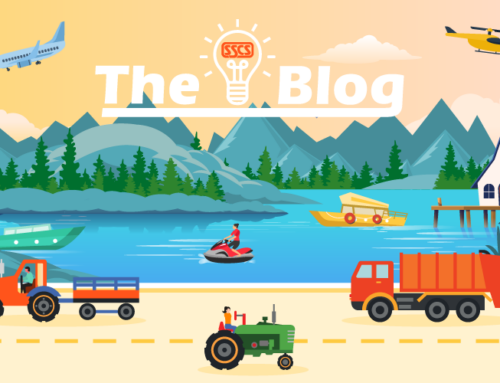
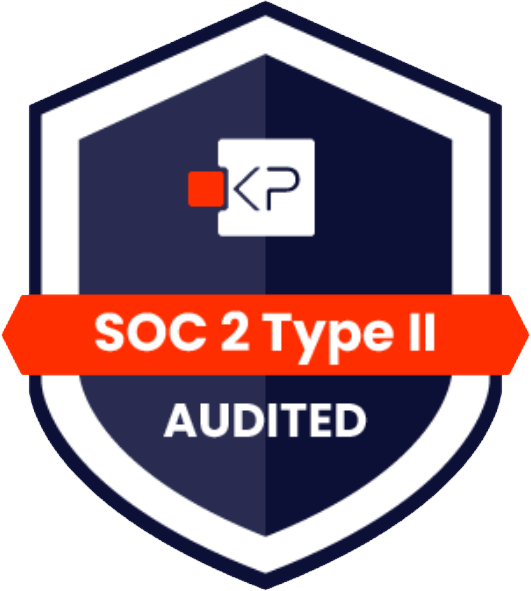
Leave A Comment